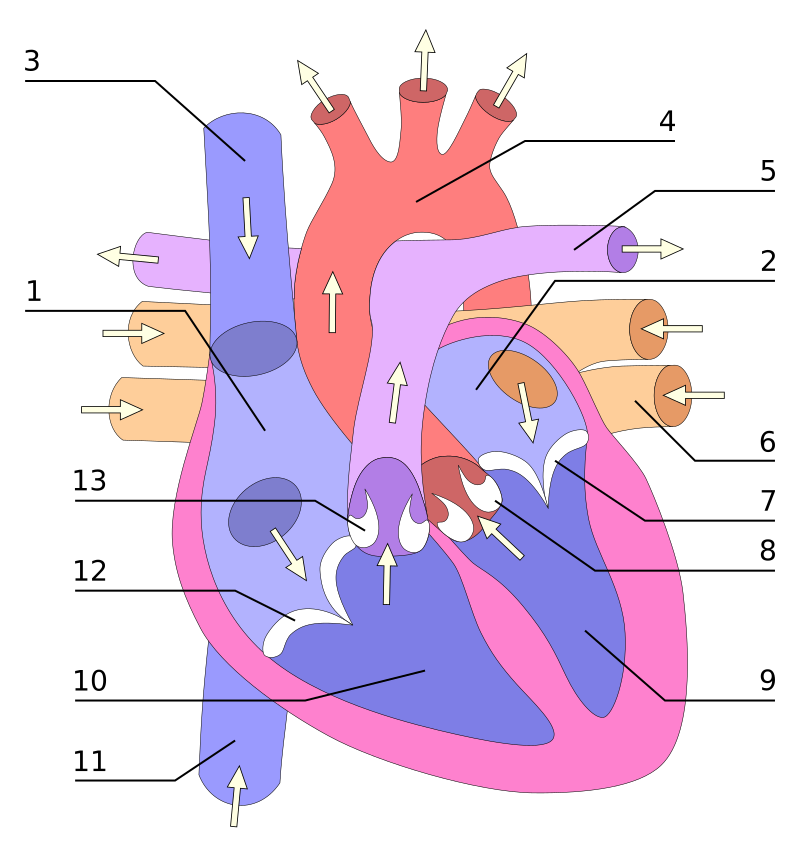Debunking Mental Health Myths: Expert Insights for 2025

As mental health awareness continues to evolve, persistent myths surrounding mental wellness hinder effective healing and intervention. Despite increased public discourse, misconceptions such as the belief that mental health issues are exclusively a result of technological advancements or that seeking therapy signifies weakness remain prevalent. This article delves into nine significant mental health myths, drawing insights from leading experts in the field.
**Understanding the Myths** In recent years, mental health discussions have gained momentum, yet many individuals still carry misconceptions that can delay recovery. According to Shruti Padhye, Senior Psychologist at Mpower, Aditya Birla Education Trust, the notion that technology solely contributes to mental health problems is misguided. "Yes, doom-scrolling erodes attention," she explains, "yet teletherapy, AI chat support, and VR exposure tools now reach villages where psychiatrists are scarce. The problem isn’t screens; it’s guidance." This highlights the dual role technology can play in mental health—both as a potential detriment and a valuable resource for support.
**Common Misconceptions** 1. **Technology is the root of all mental health issues**: Padhye emphasizes the potential benefits of technology in providing access to mental health resources in underserved areas. 2. **Strong people don’t need therapy**: This myth is prevalent across demographics, as Padhye points out that many individuals, including professionals like surgeons, experience emotional struggles. "Therapy isn’t weakness; it’s skilled self-maintenance," she asserts. 3. **Children are too young for mental illness**: Padhye notes that many underestimate the emotional burdens that children face today, such as those stemming from cyberbullying and academic pressure. 4. **Medication should be a last resort**: Padhye argues that modern psychopharmacology can effectively target symptoms and prevent severe outcomes, such as suicide. 5. **Burnout is just a time-management issue**: She emphasizes that burnout often arises from emotional labor and workplace dynamics rather than mere mismanagement of time.
Experts like Ashish Pillay further explore these myths, indicating that many believe therapy is only for severe issues. "In truth, therapy is also for growth, clarity, and learning how to cope," he states. 6. **Talking about mental health is a sign of weakness**: Pillay counters this notion by stating that it takes tremendous strength to be open about one's feelings. 7. **Medication is shameful or a shortcut**: He compares mental health medication to physical health treatments, illustrating that it can be life-saving and is part of a comprehensive care plan. 8. **People with mental health issues ‘look’ a certain way**: Many individuals struggle silently, complicating the misconceptions surrounding mental health. 9. **You can ‘snap out of it’ by thinking positively**: Pillay warns against the dangers of toxic positivity, stressing that mental health challenges require more than just a change in attitude—they necessitate care and support.
**The Importance of Early Intervention** The implications of these myths are profound, as delaying intervention can lead to worsening mental health outcomes. Padhye advocates for a focus on early care, particularly for children, noting that addressing mental health early can significantly alter life trajectories.
In summary, these myths perpetuate stigma and hinder individuals from seeking help. Experts urge society to prioritize science-based care, early intervention, and a compassionate, stigma-free approach to mental health. As Padhye aptly puts it, "trade myth for mindful curiosity, replace stigma with science, and choose compassion over silent endurance."
**Conclusions and Future Directions** As discussions around mental health continue to evolve, it is crucial to dismantle these misconceptions through education and awareness. The future of mental health care depends on a collective effort to foster a supportive environment where individuals can seek help without fear of stigma. Continued advocacy and research will be essential in reshaping public perceptions and improving mental health outcomes across communities.
Advertisement
Tags
Advertisement





